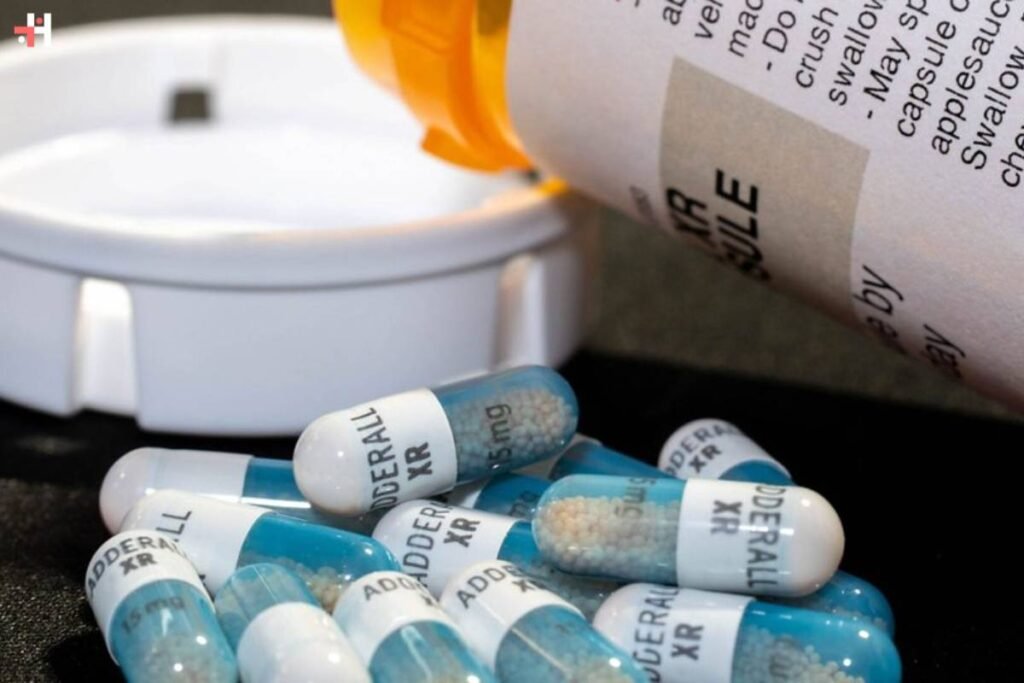The ongoing ADHD medication shortage of medications commonly prescribed for Attention Deficit Hyperactivity Disorder (ADHD) has left many patients and healthcare providers concerned about access to essential treatments. Here’s what you need to know about the factors contributing to this nationwide issue.
Rising Demand Amidst Supply Shortfalls
- Increased Prescriptions: The demand for ADHD medications, including Vyvanse, Adderall, and Concerta, has surged in recent years, fueled partly by the effects of the COVID-19 pandemic. Telemedicine, supply chain disruptions, and rising ADHD diagnoses have all contributed to higher prescription rates.
- Manufacturing Constraints: Generic drugmakers have struggled to meet the growing demand due to restrictions imposed by the Drug Enforcement Administration (DEA). Federal quotas on controlled substances like amphetamine, methylphenidate, and lisdexamfetamine have limited production capacity, exacerbating the shortage.
Challenges Faced by Drug Manufacturers
- DEA Quotas: Generic drugmakers cite the DEA’s production limits as a major obstacle to increasing supply. Despite efforts to ramp up manufacturing, companies like Apotex, responsible for a Vyvanse generic, have encountered difficulties obtaining sufficient raw materials and meeting annual production quotas.
- Raw Material Shortages: Limited availability of raw materials has hindered efforts to commercialize generic versions of ADHD medications fully. Manufacturers struggle to obtain enough active ingredients to scale up production, leading to persistent shortages of lisdexamfetamine and other key drugs.
How the prolonged ADHD medication shortage is straining patients and their families
Impact on Availability
- Brand vs. Generic: While brand-name ADHD medications like Adderall, Vyvanse, and Concerta remain readily available, many generic versions face supply constraints. Manufacturers of generic amphetamine mixed salts, methylphenidate, and lisdexamfetamine report ongoing difficulties in meeting market demand.
- FDA Classification: The FDA classifies ADHD treatments as in shortage based on data indicating insufficient supply to meet patient needs. While branded products like Concerta and Vyvanse are unaffected, generic versions continue to face challenges in meeting demand, contributing to the overall shortage.
Addressing the ADHD Medication Shortage
- Collaborative Efforts: The FDA works closely with drug manufacturers to monitor shortages and facilitate solutions. Manufacturers are encouraged to provide timely updates on production capacity, and the FDA regularly updates its database to track drug availability and shortages.
- Supply Restoration: Efforts to resolve ADHD medication shortages are ongoing, with manufacturers taking steps to address production delays and raw material shortages. While some issues have been resolved, challenges persist in ensuring consistent access to essential ADHD medications.
- Patient Advocacy: Patients and healthcare providers are encouraged to stay informed about the availability of ADHD medications and work closely with prescribers to explore alternative treatment options. Advocacy efforts can help raise awareness of the impact of the shortage and support initiatives to address underlying causes.
In conclusion, the ADHD medication shortage reflects a complex interplay of factors, including increased demand, manufacturing constraints, and regulatory limitations. By addressing these challenges collaboratively and prioritizing patient access, stakeholders can work towards ensuring consistent availability of essential treatments for individuals with ADHD.










